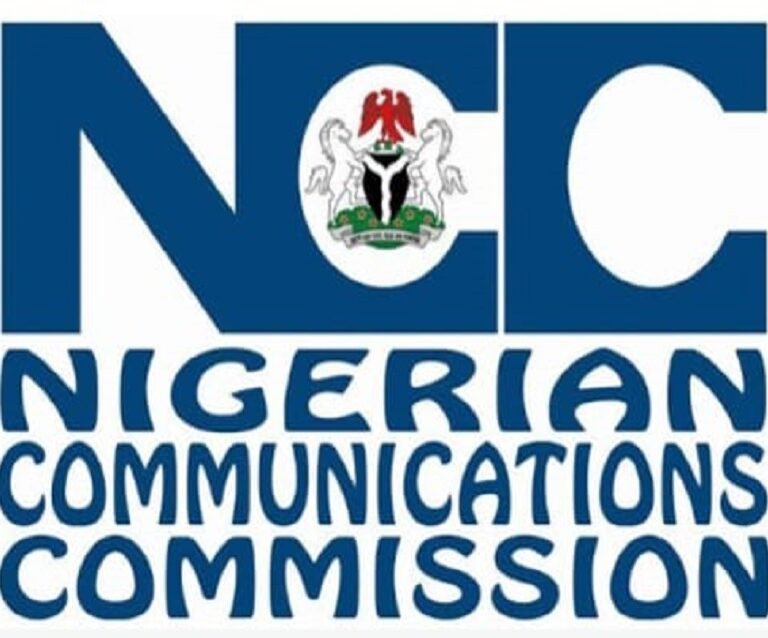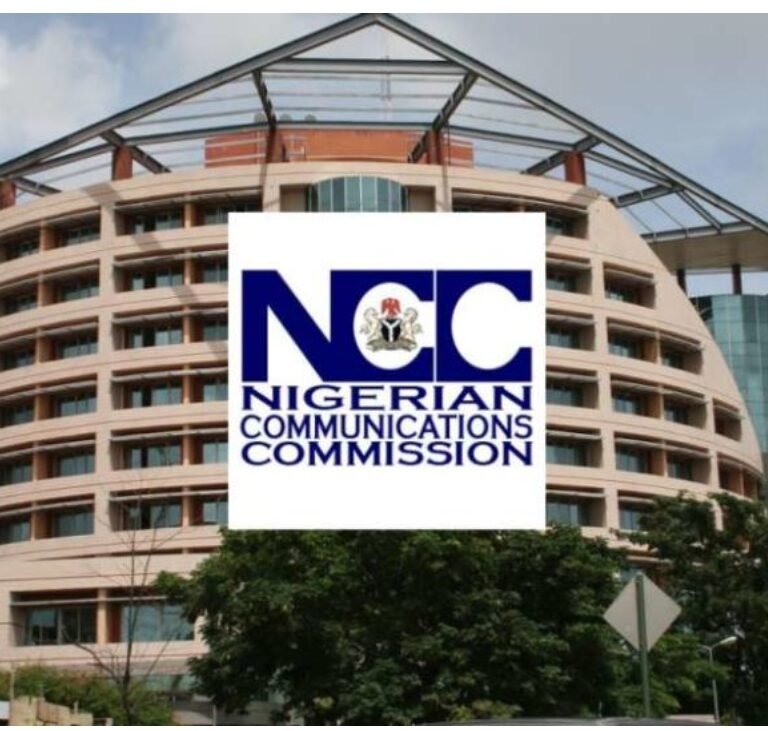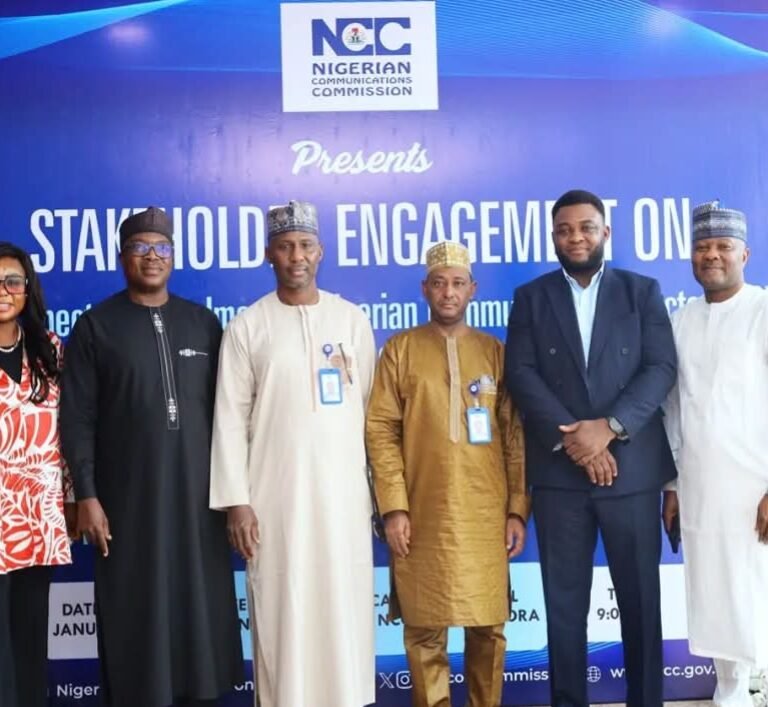
By Ameh Gabriel
A transformative era for Nigeria’s technology ecosystem has begun, as the Nigerian Communications Commission (NCC) launched its General Authorisation Framework (GAF), designed to empower tech innovators through structured Proof-of-Concept (PoC) pilots and flexible regulatory support.
The landmark initiative, unveiled during a hybrid stakeholders’ engagement in Abuja, aims to provide innovators with a safe and controlled environment to test novel communication solutions, while ensuring alignment with regulatory standards and public interest.
Under the new framework, innovators will be able to trial emerging services that currently fall outside the NCC’s traditional licensing structure. The GAF introduces interim authorisations, allowing new ideas to be validated in real-world settings with manageable risk and clear oversight.
According to the NCC, the framework is structured to enhance innovation by providing:
- Controlled testing conditions for novel technologies
- Interim Service Authorisations for out-of-scope innovations
- Clear transition pathways from trial to full licensing
- Enhanced data collection to inform future regulations
- Strong compliance, security, and consumer protection mechanisms
To ensure effective implementation, innovators are required to submit detailed deployment plans, timelines, scope, regulatory flexibilities needed, and evaluation metrics for the trial period.
However, during the engagement, telecom giant MTN Nigeria raised concerns over some requirements in the framework. Specifically, the company opposed the clause mandating innovators to submit details of all agreements made with other licensees. MTN argued that this could be cumbersome and proposed that only agreements already mandated under existing regulations should be submitted.
MTN also recommended that the PoC or Regulatory Sandbox authorisation period be capped at 24 months, or extended from the proposed 12 months to a flexible window between 12 and 24 months.
The NCC warned that innovators who fail to adhere to the general authorization terms covering aspects like trial duration, data protection, and technical reporting could face sanctions including suspension, termination, or financial penalties.
In his remarks, the Executive Vice Chairman of the NCC, Dr. Aminu Maida, emphasized the importance of collaborative regulation.
“By adopting the GAF approach, we are giving startups and established firms alike a structured opportunity to prove their ideas, evaluate risks, and demonstrate feasibility before full-scale rollout,” he said. “This model fosters experimentation while protecting consumers and the wider ecosystem.”
Dr. Maida called on stakeholders, including network operators, infrastructure providers, service firms, OEMs, startups, academia, and civil society, to actively support the framework.
“Your ideas and insights are essential in refining this process to serve Nigeria’s tech future,” he added.
The launch of the GAF marks a significant step in Nigeria’s efforts to create a forward-looking regulatory environment that fosters homegrown innovation, promotes responsible experimentation, and strengthens the nation’s position in the global tech landscape.








